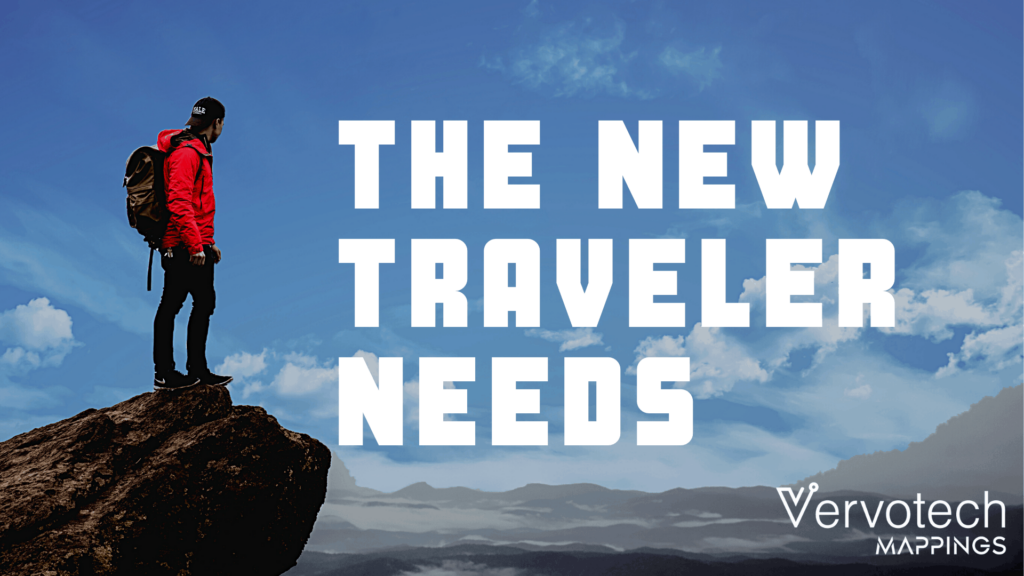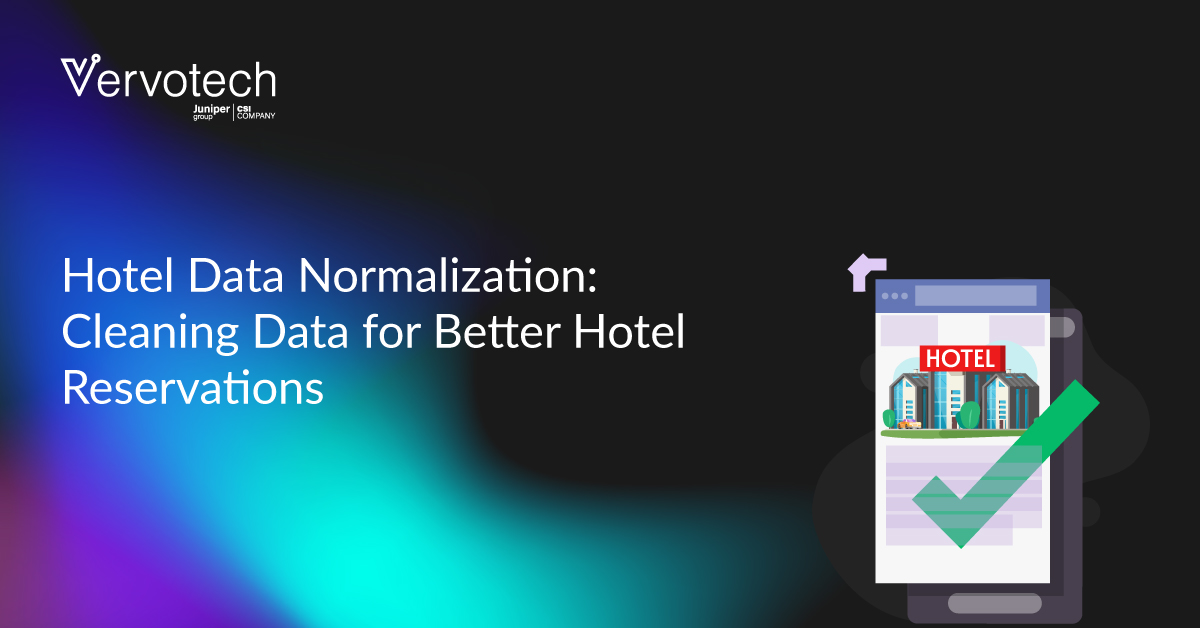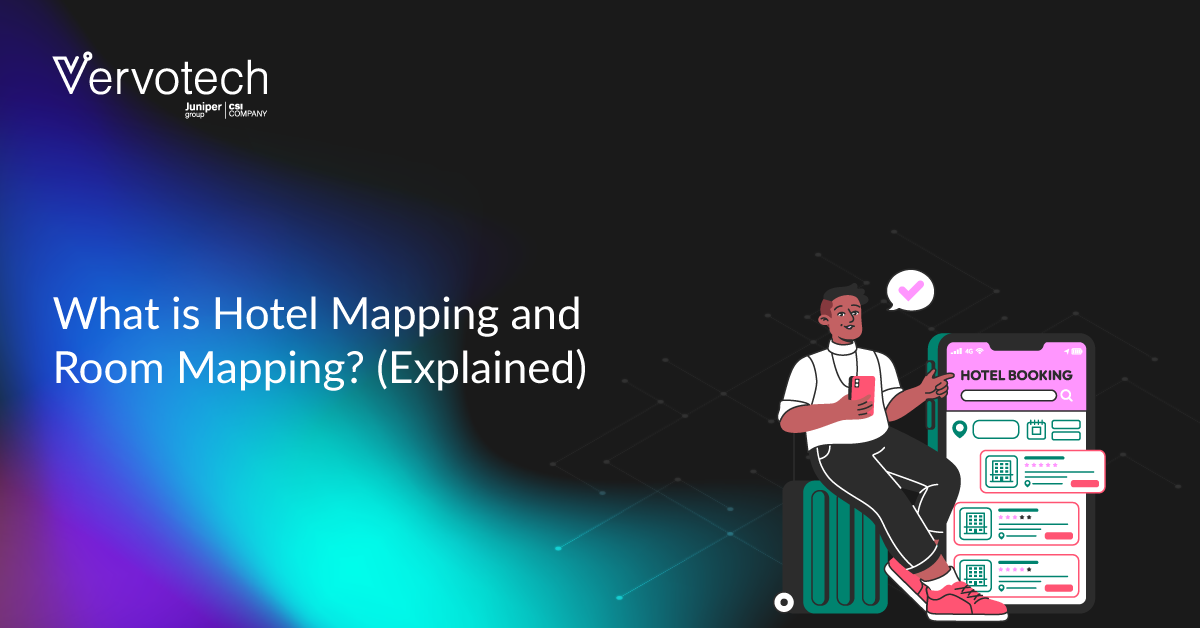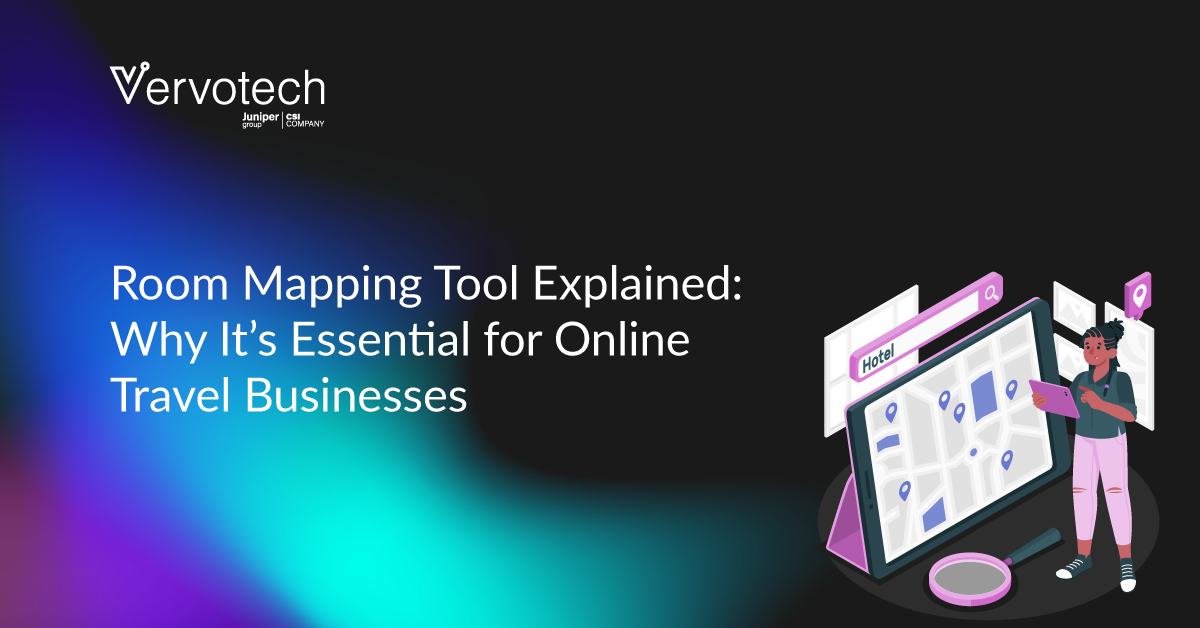Travel and Hospitality are not only one of the most basic service industries in the world but also one of the oldest. Ever since the inception of civil thought processes, we humans have always aspired to traverse our lands beyond the horizon no matter the challenges or the risks involved in the same. This is perhaps the greatest achievement of human beings as a race – being able to leave a mark on the lands that they set their foot on may it be the most distant islands, the highest mountains or the moon. It is necessary for the Travel and hospitality industry to look after modern travelers needs. Therefore, it’s safe to say that travel and hospitality will always be one of the core industries that influences all other spheres of human intervention.
Fast forward to the 21st century, rapid developments in communication technology has enabled the world to come together in a manner that was quite unprecedented before. The farthest corners of the Earth have opened up as potential destinations due to the emergence of new markets and communities. With modern travelers having far more diverse needs than that of our ancestral counterparts, the travel and hospitality industry must be able to mould itself to cater to these growing needs and enable the expansion policies of modern businesses and communities alike.
To properly understand the needs of new travelers, it is first necessary to define the modern traveler. So, who is the modern traveler? What sets these travelers apart from travelers back in the day? To properly answer this question, let’s take a look at the different types of travelers that we come across today! Based on behavior, motivation and psychology, we can more or less divide modern travelers into the following five essential types:
- The Plugged-In Traveler: Young millennials who are knowledgeable about their surroundings and prefer to plan trips independently rather than through travel agencies or agents. These travelers are progressive, tech-savvy and are well-versed with the road to make the most of the journey rather than the destination. The internet and the smartphone play a key role in their travel plan as they tend to more or less rely on these for all their needs during their trips.
- Digital Detoxers: These new set of travelers tend to live ‘off the grid’ while on holidays in an attempt to disconnect themselves from the growing pressures of their regular lives. They tend to rely on physical modes of transactions such as cash, book local transports to move around and take in the local culture as much as possible. However, they do rely on the internet and modern facilities during the planning stage of the trip.
- Adventure Seekers: Thrill seekers and adventurers are quickly becoming one of the leading groups of travelers. These travelers tend to travel around 4-5 times a year and prefers niche destinations to regular ones. Highly susceptible to word-of-mouth advertising, these groups of travelers are being increasingly targeted by travel agencies through alternative travel packages. They are open to new ideas and are not averted by danger as much as regular travelers.
- Family Holiday Makers: These travelers are extremely limited on time and therefore rely on third parties to plan and book their trips for them. They tend to travel more during on-seasons and are quite lenient when it comes to expenditures during their trip. Travel agencies target this group heavily since they bring in the most profits.
- Old-schoolers: The older age groups make up this segment. They are usually 45+ and not as tech-savvy as the other groups mentioned on this list. Old-schoolers are generally targeted through offline marketing campaigns such as print media and television as they do not spend extended hours on the internet.
Also Read – Future of Artificial Intelligence in Travel Technology
As it can be seen from above, modern travelers are extremely diverse depending on their needs and modes of travel. It is therefore mandatory that modern travel agencies or businesses working in the travel and hospitality sector understand the wide spectrum of needs and wants to be put forward by these groups to develop or incorporate essential technologies that can fulfil them effectively. Keeping that in mind, let us look at some of the needs of modern travelers, the things that they expect from travel agencies or entities involved in the trade:
- Efficiency: The ability of the travel agency or hospitality provider to cater to the needs of the travelers as efficiently as possible without wasting time. Modern travelers tend to be quite constricted on time and need to adhere to strict schedules, so the services must be provided to them as quickly and as efficiently as possible.
- Accessibility: A modern travel agency or a hospitality provider needs to be accessible to travelers worldwide. As technologies advance, people are relying on a plethora of them to cater to their everyday needs. Some might use online transactions, some might prefer cash, some might use UPIs for all their needs. Travel agencies and hospitality providers must make all of these facilities readily available to all groups so as not to lose out on potential customers.
- Visibility: A modern travel agency or hospitality provider needs to be visible to their target audience. With newer and emerging markets on the rise, the competition within the industry is also increasing exponentially. Therefore, travel agencies and hospitality providers need to make their services as visible as possible to potential customers. Optimizations on their marketing front such as SEO, SMO and digital marketing are only some of the ways that these companies in the industry are trying to make their services more visible to modern travelers. However, studies have also shown that businesses cannot rely solely on online presence alone. A proper visibility campaign should take into account both online and offline strategies to ensure maximum effectiveness.
- Affordability: As discussed above, different groups of travelers travel on different budgets. Therefore, travel agencies and hospitality providers must develop packages keeping in mind these different budgets. To target the maximum groups of travelers, packages need to be as diverse as the target groups themselves.
- Intuitive: A modern traveler has many different needs and therefore, expect a personalized experience when they travel. Therefore, a service needs to be customizable to perfectly fit the needs of that traveler alone. For example, veganism is on the rise and more and more people are adopting that lifestyle. If a service provider fails to offer vegan alternatives, they are potentially losing out on a huge chunk of their profits. Therefore, services provided by modern travel agencies and hospitality providers need to be intuitive, targeted and personalized to cater to the diverse needs of modern travelers.
- Sustainability: A business needs to adopt sustainable practices to ensure its viability in the long run. Recent studies have also shown that modern travelers tend to prefer businesses that adopt sustainable practices over ones that do not. Sustainable practices have a positive impact on the psyche of travelers that drives them to pick such services over others.
- Environment-friendly: The drive towards environmental preservation has never been greater. Businesses are scrambling to contain the disruptions brought about by climate change by introducing, developing and adopting environmentally friendly practices. Modern travelers are becoming increasingly aware of the impacts on the environment and therefore tend to prefer services that consider these effects. Therefore, travel agencies and hospitality providers need to adopt such practices to cater to the diverse needs of growing travelers.
- Support: Support plays a critical role in any business operating in the service sector. It is quite understandable that travelers expect support from the firms that they avail services from and therefore, the service provider must make multiple channels available to their customers when it comes to supporting. As discussed above, modern travelers have varying habits depending on their psychology – some might prefer online channels of communication, some might prefer phones for availing support and therefore, these service providers need to make these channels available to them depending on their preferences.
- Quality: All services need to maintain a certain level of quality depending on their target market and pricing strategies. This is perhaps the only thing that hasn’t changed over the centuries. Modern travelers expect quality service just as much as travelers back in the day. If a service is not able to maintain its expected quality, it will quickly be abandoned by all groups of travelers alike.
Read More: How Travel Agencies Can Meet Customer Expectations In New Normal
Understanding the varying needs of customers has always been one of the greatest challenges faced by businesses worldwide. While developments in technology have made it easier for businesses to cater to these diverse needs, one needs to also understand that these advances have also diversified the needs of these customers. Therefore, understanding and catering to the needs of potential customers will always remain a delicate balance and the businesses that can weigh these two effectively will emerge successful in the long run.









